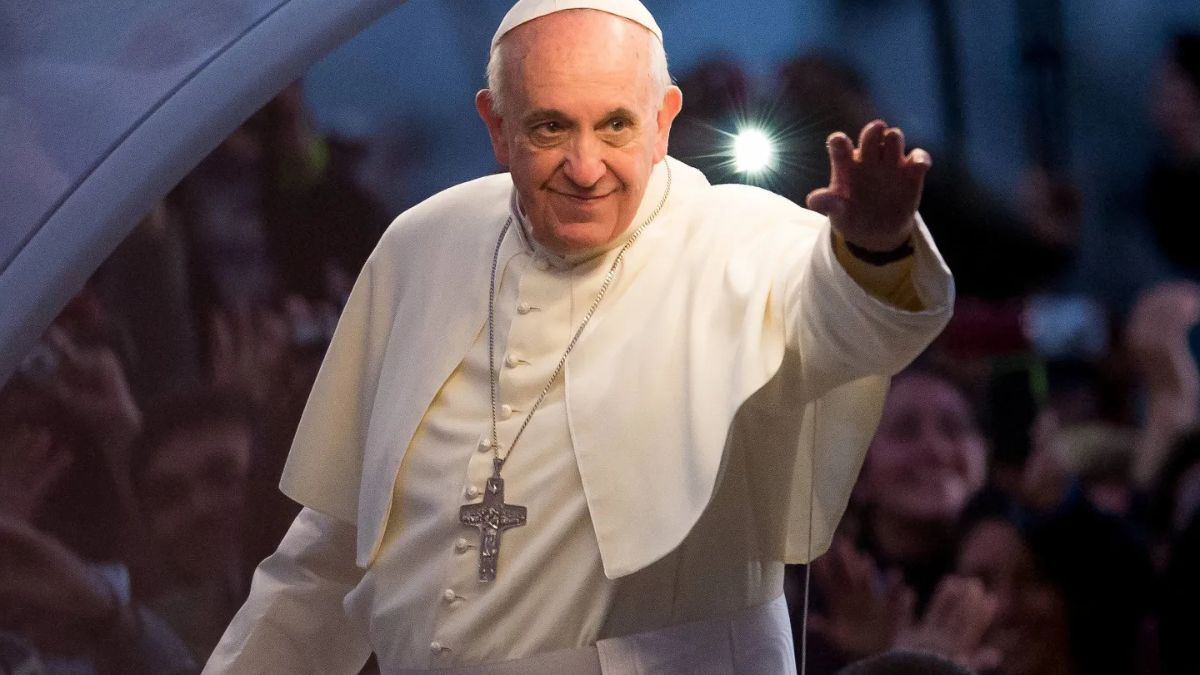
BreakPoint
BreakPoint: Kavanaugh, Ford, and Everyone Else
 I think the most important thing that we can know about the drama played out yesterday in Washington, D.C. is that it featured immortals.
Did Supreme Court nominee Brett Kavanaugh sexually assault Dr. Christie Blasey Ford some 35 years ago in Maryland? We still don’t know.
If Kavanaugh did what he is accused of, he certainly should not serve on the United States Supreme Court, not only due to the disqualifying seriousness of sexual assault but because he flatly denied doing it. Lying would itself be enough to dismiss his nomination.
And if he did not do what he is accused of, then this whole episode is the grossest abuse of the political process I’ve ever seen. False accusations are a savage abuse of a human being.
Thursday’s hearing was built up by media pundits as being “historic.” I don’t think that’s true, but it was certainly brutal to watch. My summary of what we learned is—not much.
To be more specific . . .
First, Dr. Blasey Ford came across believable and credible in her testimony, but then confused and unclear when answering questions by hired prosecutor Rachel Mitchell. And Brett Kavanaugh came across as impassioned and sincere in defending his innocence.
Second, the format of the hearing—five minutes of questioning by Mitchell followed by five minutes of grandstanding and praise—is not an effective way to get to the facts.
Third, there remains a real lack of any evidence that Kavanaugh actually assaulted Dr. Ford. There’s certainly not enough evidence to convict him of a crime, but as was often said, this wasn’t a trial.
Fourth, the media coverage of this whole saga was despicable.
But finally, and I think most importantly, I found it incredibly discouraging to see, across social media and elsewhere, how those who were still asking for evidence were called hacks and heartless, while those moved by Dr. Ford’s testimony were called liberals or pro-abortion or worse—often by friends, even brothers and sisters in Christ.
Throughout this entire confirmation process I’ve been thinking of C.S. Lewis’ magnificent sermon, “The Weight of Glory,” especially this part:
“… it is with the awe and the circumspection proper to them, that we should conduct all of our dealings with one another, all friendships, all loves, all play, all politics.There are no ordinary people. You have never talked to a mere mortal. Nations, cultures, arts, civilizations - these are mortal, and their life is to ours as the life of a gnat. But it is immortals whom we joke with, work with, marry, snub, and exploit….”
Or to put it another way, every human being is made in the image of God, made for eternity. Our causes, our ideologies, our governments—they aren’t eternal. That’s why it is always morally hideous whenever anyone is sacrificed on the altar of a political ideology, for a political party, or for power and control.
People are ends; they are never means.
It is not treating a human being as if they are in God’s image to sit on damaging information about their character until a day before a confirmation vote, only to trot it out to the nation for a political convenience.
It is not treating a human being as if they are in God’s image to go on national TV and proclaim the accused guilty, before talking to the accused or the accuser, and in the absence of any evidence.
It’s not treating a human being as if they’re in God’s image to suggest that even if sexual abuse happened, it doesn’t matter because the accused was young or too much time has passed, or that boys will be boys.
Our politics has become so dehumanizing, cynical, and degraded that we may never know any more about these allegations than we do right now. And so, in this context, as broken as it is, here’s what Christians can do. First, we can pray that God would allow the truth to come out. Second, we can pray that the victims of this gross episode in our history would be healed, and that ultimately God would use His church to heal the nation.
But finally, Christians have to commit to never sacrifice a human person—ever—on the altar of political ideology. Not even if they’re judicial nominees or political opponents.
I think the most important thing that we can know about the drama played out yesterday in Washington, D.C. is that it featured immortals.
Did Supreme Court nominee Brett Kavanaugh sexually assault Dr. Christie Blasey Ford some 35 years ago in Maryland? We still don’t know.
If Kavanaugh did what he is accused of, he certainly should not serve on the United States Supreme Court, not only due to the disqualifying seriousness of sexual assault but because he flatly denied doing it. Lying would itself be enough to dismiss his nomination.
And if he did not do what he is accused of, then this whole episode is the grossest abuse of the political process I’ve ever seen. False accusations are a savage abuse of a human being.
Thursday’s hearing was built up by media pundits as being “historic.” I don’t think that’s true, but it was certainly brutal to watch. My summary of what we learned is—not much.
To be more specific . . .
First, Dr. Blasey Ford came across believable and credible in her testimony, but then confused and unclear when answering questions by hired prosecutor Rachel Mitchell. And Brett Kavanaugh came across as impassioned and sincere in defending his innocence.
Second, the format of the hearing—five minutes of questioning by Mitchell followed by five minutes of grandstanding and praise—is not an effective way to get to the facts.
Third, there remains a real lack of any evidence that Kavanaugh actually assaulted Dr. Ford. There’s certainly not enough evidence to convict him of a crime, but as was often said, this wasn’t a trial.
Fourth, the media coverage of this whole saga was despicable.
But finally, and I think most importantly, I found it incredibly discouraging to see, across social media and elsewhere, how those who were still asking for evidence were called hacks and heartless, while those moved by Dr. Ford’s testimony were called liberals or pro-abortion or worse—often by friends, even brothers and sisters in Christ.
Throughout this entire confirmation process I’ve been thinking of C.S. Lewis’ magnificent sermon, “The Weight of Glory,” especially this part:
“… it is with the awe and the circumspection proper to them, that we should conduct all of our dealings with one another, all friendships, all loves, all play, all politics.There are no ordinary people. You have never talked to a mere mortal. Nations, cultures, arts, civilizations - these are mortal, and their life is to ours as the life of a gnat. But it is immortals whom we joke with, work with, marry, snub, and exploit….”
Or to put it another way, every human being is made in the image of God, made for eternity. Our causes, our ideologies, our governments—they aren’t eternal. That’s why it is always morally hideous whenever anyone is sacrificed on the altar of a political ideology, for a political party, or for power and control.
People are ends; they are never means.
It is not treating a human being as if they are in God’s image to sit on damaging information about their character until a day before a confirmation vote, only to trot it out to the nation for a political convenience.
It is not treating a human being as if they are in God’s image to go on national TV and proclaim the accused guilty, before talking to the accused or the accuser, and in the absence of any evidence.
It’s not treating a human being as if they’re in God’s image to suggest that even if sexual abuse happened, it doesn’t matter because the accused was young or too much time has passed, or that boys will be boys.
Our politics has become so dehumanizing, cynical, and degraded that we may never know any more about these allegations than we do right now. And so, in this context, as broken as it is, here’s what Christians can do. First, we can pray that God would allow the truth to come out. Second, we can pray that the victims of this gross episode in our history would be healed, and that ultimately God would use His church to heal the nation.
But finally, Christians have to commit to never sacrifice a human person—ever—on the altar of political ideology. Not even if they’re judicial nominees or political opponents.
09/28/18
Topics
Brett Kavanaugh
C.S. Lewis
Christine Blasey Ford
Culture/Institutions
Ethics
Human Dignity
Judicial Issues
Relationships
SCOTUS
The Courts
Trends















